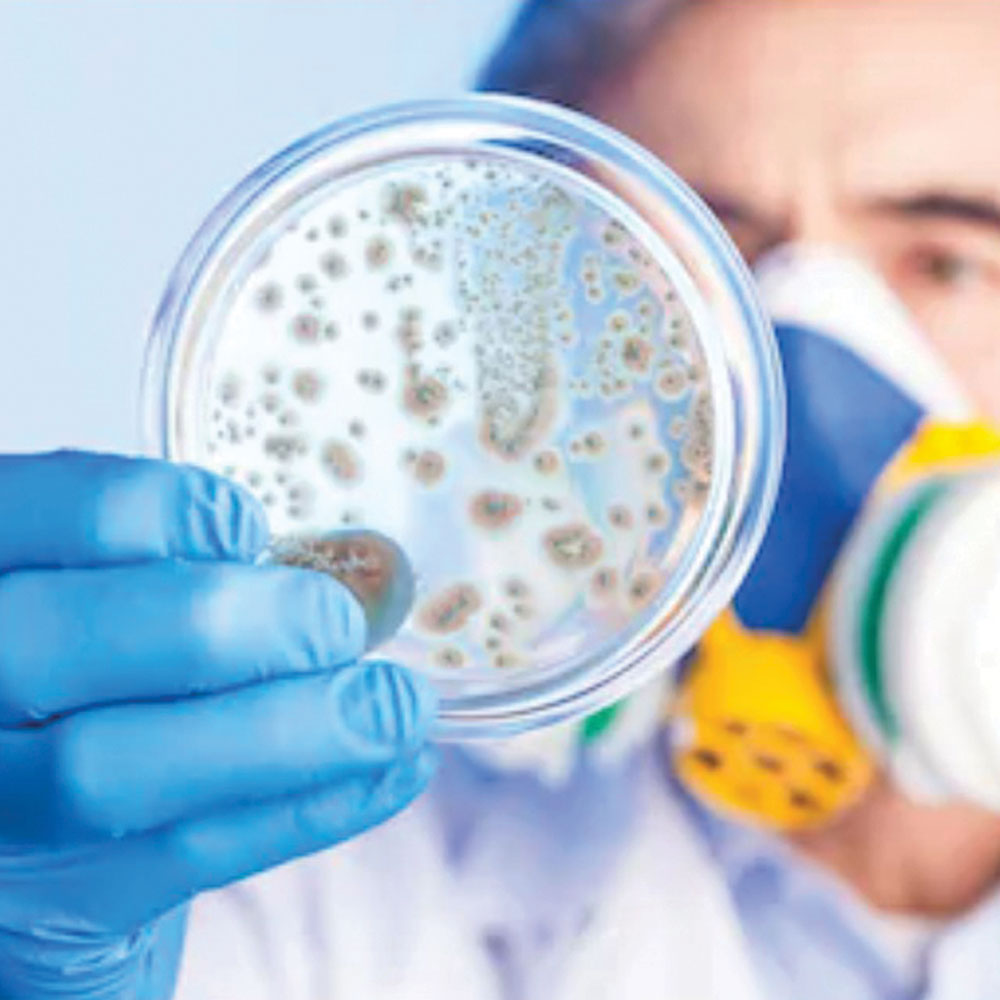Biological agents are living organisms or toxins that can cause disease in humans, animals, or plants. Some biological agents are viruses, bacteria, fungi, and protozoa. Others are toxins produced by these organisms. Biological agents can be used as weapons to target people, animals, or crops.
Most biological agents do not cause serious illness in healthy people. However, some biological agents (such as anthrax and smallpox) can be deadly. People with weakened immune systems (such as cancer patients or people with HIV/AIDS) are more likely to get sick from a biological agent.
There are four ways that a person can come into contact with a biological agent: through the air (inhalation), through the skin (contact), through food or water (ingestion), or by being bitten by an infected animal (vector). Vector-borne diseases are caused by viruses or bacteria that are transmitted by insects or other animals.
The best way to protect yourself from a biological attack is to be aware of the threat and know what to do if an attack occurs. The following steps will help you protect yourself and your family:
1) Monitor the news for information about possible attacks and follow the instructions of local authorities;
2) If you think you have been exposed to a biological agent, remove your clothes immediately and wash your body with soap and water; 3) Seek medical attention immediately; 4) Do not handle items that may be contaminated with a biological agent; 5) Keep your immunizations up-to-date; 6) Practice good hygiene habits such as washing your hands often and avoiding close contact with people who are sick; 7) Store food and water properly so they will not become contaminated; 8) Learn first aid so you can treat minor injuries at home.


